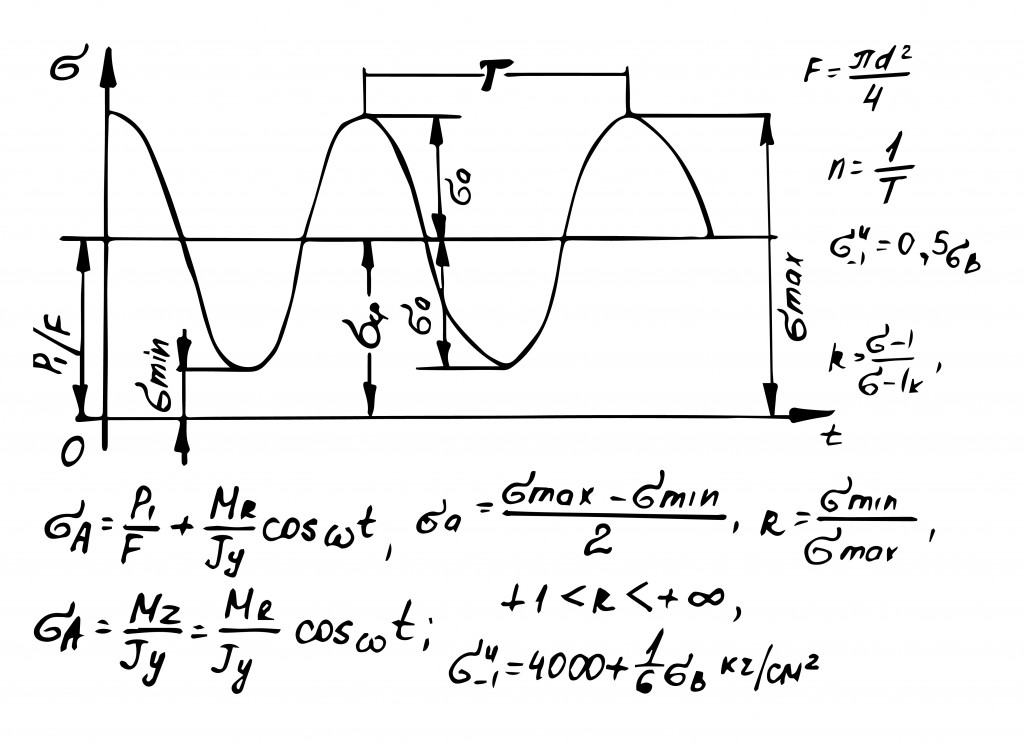If you aren’t the best at math and have no intentions of becoming a math whiz, then it’s probably safe to assume that you just don’t like it. However, suppose you want to improve your skills in this area. In that case, some surprising strategies can help make learning easier so that you won’t feel overwhelmed or frustrated by problems. Here are four tips to help improve your math skills
Find a math tutor
Whether you’re struggling in your classes, need help to prepare for exams, or can’t seem to understand the concepts and visuals, finding a math tutor can be an excellent way to get the extra help and support you need. For example, if you find yourself stuck analyzing charts or diagrams, ask your math teacher if they can help with a visual processing disorder treatment or know someone who does. With this help, you’ll improve your visual comprehension and overall math-solving skills in no time.
Another way math tutors can help is they can make you understand concepts better by asking “why.” By asking ‘why’ questions about what you’re learning, it’s easier for your brain to form connections between different pieces of information and make them easier to remember. When teachers explain something new, ask why this makes sense. How does this relate again? This will help build those crucial neural pathways that’ll make everything else that comes after it easier!
Focus on one concept before going to the next
This may seem like a simple tip, but it’s one of the most effective ways to improve math skills. This works because you want to focus on one concept at a time. Otherwise, you can lose track of where you are in the lesson or what needs your attention right now. For example, say that in a math class about fractions, two main concepts need to be learned: adding surds (irrational numbers) and reducing fractions.
If you try learning both of these things at once without building up from scratch first (i.e., understanding what each means), then it becomes impossible for your brain to process everything properly and retain information long-term because there is too much input coming through all at once. Instead of trying this approach, start by focusing solely on adding surds until those concepts become second nature before moving on to reducing fractions later down the road when needed.
This advice is especially important for those who have had trouble with math in the past and are trying to get back on track. If you struggle with fractions, focus on reducing them first before adding surds later. If you are struggling with adding surds, then work on that until it becomes second nature before moving on to reducing fractions.
Bring math into your daily routine

The best way to learn math is by bringing it into your daily routine. You can find math anywhere—it’s just a matter of looking for it. People often think of math as taught only in the classroom, but this is not entirely true! There are many ways that people encounter math on a daily basis.
Here’s how you can challenge your math skills outside the classroom:
Look for math in your daily routine
If you have children learning to add or subtract, make sure they practice these skills at home by adding up their allowance money and saving some for later. If their parents pay them $5/day, they should save $25 each week. This will help them understand addition better when it comes time for homework assignments later down the road (and maybe even give them an incentive).
Look for math in the news
Many newspapers like The New York Times publish articles about current events around the world every day, which contain statistics from different sources like government agencies or polling companies like Gallup Polls. These numbers can help you understand population growth rates over time or unemployment figures at certain times throughout history (or even now!).
Look for math in your hobbies
If you are a gamer, there is a lot of math involved! You might notice that the more powerful weapons (like rocket launchers) cost more money than the weaker ones. This is because they have better stats and do more damage to enemies.
If you are into sports, there is a lot of math involved too. For example, if you are playing baseball and have to calculate how many runs per inning each team scored on average when they faced each other last time around, this will help you decide who wins the game between them. Math is everywhere! You just need to be vigilant and look for it.
Play math games on your phone
A great way to practice math concepts is to play fun and challenging math games on your phone. Many types of math games are available, from counting games to word problems. In fact, according to Melissa Libertus, a cognition researcher from the University of Pittsburgh, number games can help improve math skills. So, playing games that require fast thinking and quick reflexes, such as “Math Genius” or “Math Maniac,” can be a great way to start.
By playing these types of games, you will improve your mental capacity even further and will be able to make split-second decisions when it comes time for a test or exam in class.
In Summary
While your math skills are something you can’t change overnight, you can do a few things today to get started on the right foot. Find a tutor, focus on one concept at a time, and bring math into your daily routine. If you have trouble grasping certain concepts like adding or subtracting fractions or multiplying numbers by other numbers with two digits, try playing games that involve those skills instead of giving up entirely.

